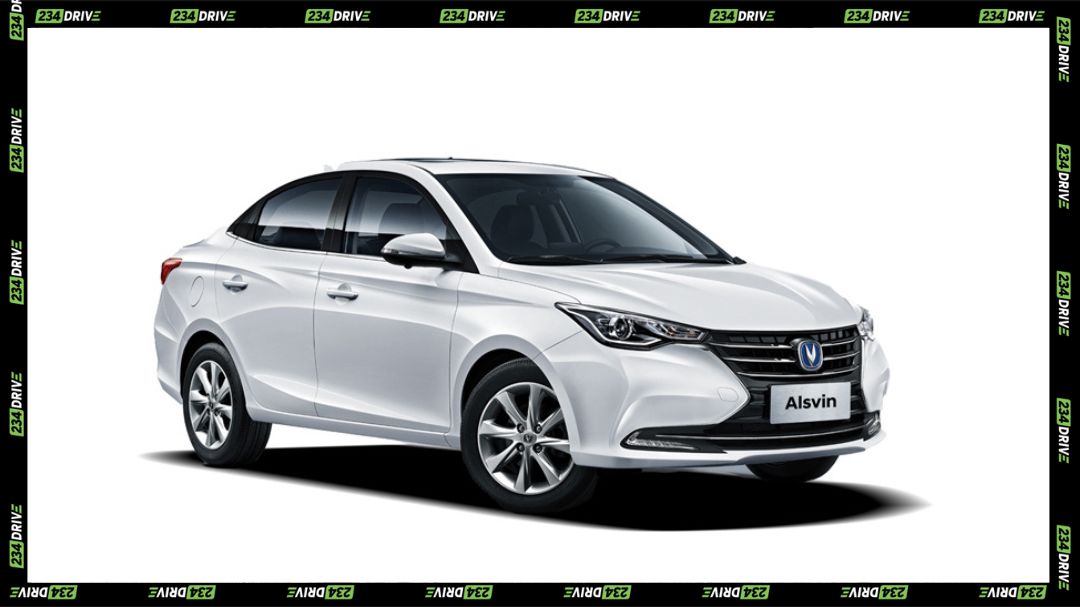SUV ownership in Nigeria is often measured by purchase price and fuel economy, but those factors tell only part of the story. The true cost emerges once the vehicle is on the road. Maintenance—ranging from routine oil changes to costly suspension repairs—determines whether an SUV remains affordable or becomes a financial burden. For Nigerians navigating rough roads, high inflation, and variable fuel prices, choosing an SUV with low maintenance costs is critical.

SUVs continue to dominate the Nigerian market due to their versatility. They handle poor road surfaces better than sedans, offer higher ground clearance, and provide ample space for family and cargo. But frequent breakdowns, expensive spare parts, and a limited number of skilled mechanics can inflate costs. This guide explores which SUVs offer the best balance between durability, affordability, and availability of parts in Nigeria’s unique driving environment.
Why Maintenance Costs Matter in Nigeria
Nigeria’s roads are rough, and fuel prices are unstable. Add high inflation and inconsistent power supply, and it becomes clear: owning a vehicle here is not just about the purchase price. Maintenance is where the real cost lies. The most budget-friendly SUVs aren’t just the ones with the lowest sticker prices; they’re the ones that won’t cost you a fortune in oil changes, brake pads, or replacing suspension parts.
Toyota RAV4: The Reliable Standard
The Toyota RAV4 combines rugged styling with compact SUV proportions. Its bold grille, LED headlamps, and elevated stance make it visually appealing while still approachable. On Nigerian roads, its design strikes a balance between prestige and practicality, appealing to both families and professionals.
Inside, the RAV4 offers durable seating, user-friendly infotainment, and generous cargo space.

Powered by efficient four-cylinder engines, it produces between 170–200 hp depending on model year. Reliability is its strongest trait, with maintenance costs kept low due to the wide availability of spare parts. In Nigeria, annual upkeep is cheaper than most competitors, with brake pads, shocks, and filters widely stocked by Toyota service centres such as Elizade and Germaine.
Honda CR-V: The Close Contender
The Honda CR-V delivers a more refined aesthetic than the RAV4, with smooth body lines, chrome accents, and a slightly larger footprint. It presents an upscale look without crossing into premium SUV territory. Its popularity in Lagos and Abuja ensures visibility and recognition.
The CR-V’s cabin emphasises comfort, with spacious seating, high-quality trims, and intuitive tech features. Powered by a 1.5-litre turbocharged engine or naturally aspirated options depending on the year, it produces 190 hp on average. Maintenance costs are modest, but Honda lacks the nationwide service network Toyota enjoys. As a result, parts may cost more and mechanics are harder to find outside major cities.
Innoson IVM G5: Nigeria’s Local Option
Innoson’s IVM G5 is a mid-size SUV manufactured locally, featuring simple but practical styling. Its design prioritises function over flair, with a robust stance, wide grille, and utilitarian proportions. For Nigerian buyers, the local origin adds an element of national pride.

Inside, the IVM G5 provides comfortable seating and basic infotainment, though it lacks the premium finish of global rivals. It is powered by efficient four-cylinder petrol engines suited for local driving conditions. Parts are cheaper due to domestic production, but limited service centres and fewer trained technicians restrict convenience. Prices range from ₦7 million to ₦32 million depending on the variant.
SUVs to Approach with Caution
Models like the Nissan Pathfinder, Ford Escape, Hyundai Santa Fe, and Kia Sportage often impress at first glance. They showcase aggressive styling, sleek lines, and premium features. However, their presence on Nigerian roads is relatively scarce, limiting the availability of affordable spare parts.
While these SUVs offer competitive interiors—spacious cabins, strong infotainment systems, and powerful engines—the cost of keeping them on the road is higher. Annual maintenance benchmarks abroad place them between $462 and $600, but in Nigeria, scarcity of parts and limited brand service networks amplify expenses. Owners frequently import components, leading to longer downtime and inflated costs.
Nigerian Context: Why Maintenance Costs Matter
Nigeria’s harsh road conditions, from potholes to unpaved routes, place additional strain on SUVs. High inflation, fluctuating fuel prices, and inconsistent power supply raise costs further. An SUV with affordable, widely available spare parts and accessible service centres ensures smoother ownership. Toyota leads in this regard, followed by Honda, while other brands struggle to keep costs predictable.
For buyers, real-world expenses include:
- Oil changes: ₦5,000–₦15,000
- Brake pad replacement: ₦15,000–₦50,000
- Full tyre set: ₦100,000–₦400,000
These figures highlight how service network density and spare part availability directly affect total ownership costs.
Comparisons and Market Position
When compared head-to-head, the Toyota RAV4 edges out the Honda CR-V by virtue of Toyota’s widespread service network and competitive spare part pricing. Both vehicles are reliable, but the RAV4’s ubiquity across Nigeria ensures cheaper and faster maintenance. The CR-V retains a loyal following among urban professionals but falls short in rural accessibility.
Innoson’s IVM G5 offers the promise of affordability through locally produced parts, but limited nationwide coverage reduces its advantage. By contrast, Nissan, Ford, Hyundai, and Kia provide attractive features but require premium spending to maintain due to import reliance.
Conclusion
For Nigerian buyers prioritising low maintenance costs, the Toyota RAV4 remains the most reliable option, blending durability, affordability, and service accessibility. The Honda CR-V is a close second, particularly appealing to city drivers who value refinement. Innoson’s IVM G5 represents a promising local alternative but still requires expansion of its service network to rival global brands. Ultimately, an SUV’s true value in Nigeria lies not only in its purchase price but in the ability to keep it running without draining resources. Which SUV would you consider the most cost-effective for your lifestyle?









